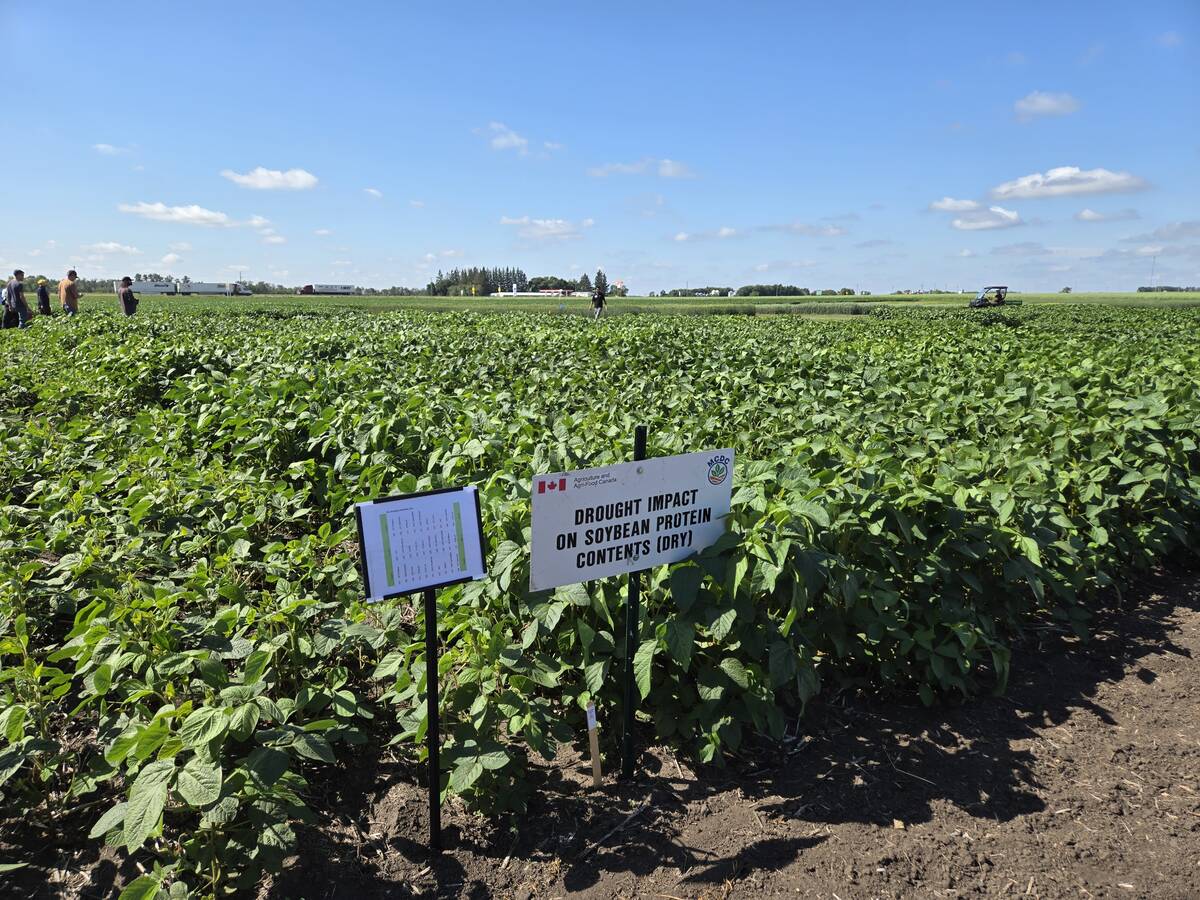The three western premiers attempted to resolve two agricultural trade issues during a recent trip to China and Japan.Saskatchewan premier Brad Wall said canola was a dominant subject of discussion in both countries, particularly concerns about blackleg in Canadian exports.They also addressed restrictions on Canadian beef in Japan.The trade mission was the first by the New West Partnership, comprising British Columbia, Alberta and Saskatchewan.It was designed to boost the region’s opportunities for export to and investment from Asia.The partnership announced the establishment of a trade office in Shanghai, China, to help raise the provinces’ profile and resolve trade concerns.“It’s typical of these meetings where you make a case and there’s no immediate response, but we hope there’s a cumulative effect,” Wall said.Trade problems should be more easily resolved if the provinces, the federal government and industry are all working on them, he added.One of the major trade issues facing Western Canada is China’s decision to restrict Canadian canola seed imports to non-canola growing regions of the country because of concerns about blackleg.Wall said the premiers followed the federal government’s lead and asked China to extend the temporary trade provisions until a permanent solution is found.“We raised that issue everywhere we were because of course we think this is really a non-tariff barrier.”Wall said the issue of Japanese restrictions on beef imports to animals younger than 21 months was also raised, and he hopes to see changes soon.“This is more of a gut feeling or an intuition that I came away with,” he said.“We’re going to continue to raise the issue though. These trade missions are more than just investment attraction and promotion. They’re also about face-to-face meetings about trade issues, disputes, point of contention.”He said India is another important agricultural market that the partnership will likely pursue.Forty-four percent of India’s Canadian imports come from Saskatchewan.Meanwhile, Saskatchewan wants to improve its potash sales to China. Sales dropped significantly last year, causing the province to record a negative number in its financial results for that commodity.Wall met with officials from Sinofert, a major fertilizer company in China that also acts as an agent for the prairie potash marketer Canpotex.“We were selling hard,” he said. “It’s still, Sinofert would say, the preferred quality of potash there for even the hand broadcasting that occurs on very small Chinese farms.”Further trade trips are planned.“I don’t think you can have a sort of drive-by trade relationship, one visit and you’re done,” Wall said.“I think it’s an investment.”
Read Also

Carberry field day looks for agriculture solutions
Manitoba farmers explored research solutions for resilient crops, perpetual agronomic issues and new kinds of agricultural products at a field day at the Manitoba Crop Diversification Centre in Carberry on Aug. 6.















